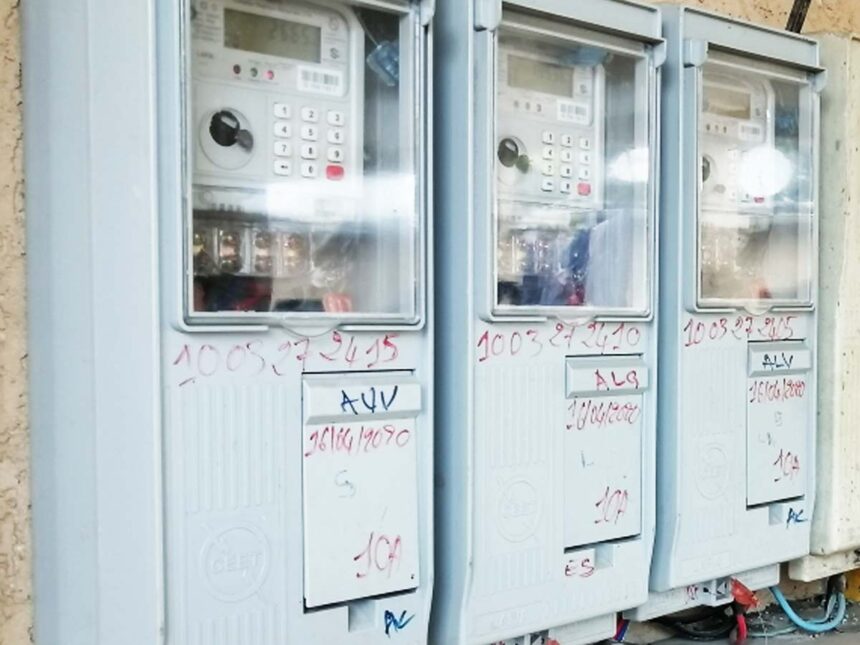A recent increase in electricity tariffs in Togo — up to 30% — has sparked outrage from the Association Togolaise des Consommateurs (ATC), which denounces the measure as “sudden and brutal.” The price adjustment, revealed discreetly through an official decree, comes amid prolonged economic hardship and a cost-of-living crisis.
The government justifies the hike as the first in 14 years, citing unsustainable production costs now averaging 145 FCFA ($0.24) per kilowatt-hour (kWh), while tariffs have remained fixed at 102 FCFA ($0.17) since 2011. Officials claim the reform is essential to stabilize the national electricity company, CEET, and to improve service delivery.
However, the ATC argues the increase disproportionately affects low-income families. While 1.5 million vulnerable consumers are promised a 30% discount, the association warns that the overall reduction in kWh per pricing tier, coupled with higher rates, will worsen the financial strain on households.
This concern is especially acute given Togo’s minimum monthly wage of 52,500 FCFA (about $87) — a level many do not earn, particularly in the informal sector where unemployment and underemployment are widespread. For many, the new tariffs threaten access to a basic utility already essential for daily life.
The ATC urges the government to reverse the increase and expand the social tariff to 50 kWh. It also calls for an independent audit of the electricity sector and significant investment in renewable energy, along with tax exemptions on solar equipment to encourage alternatives.
While authorities argue the hike will support improved infrastructure, reduced outages, and greater energy independence, public trust remains fragile. For many Togolese, the question is not just about price, but survival.
Electricity tariffs surge in Togo amid soaring living costs



